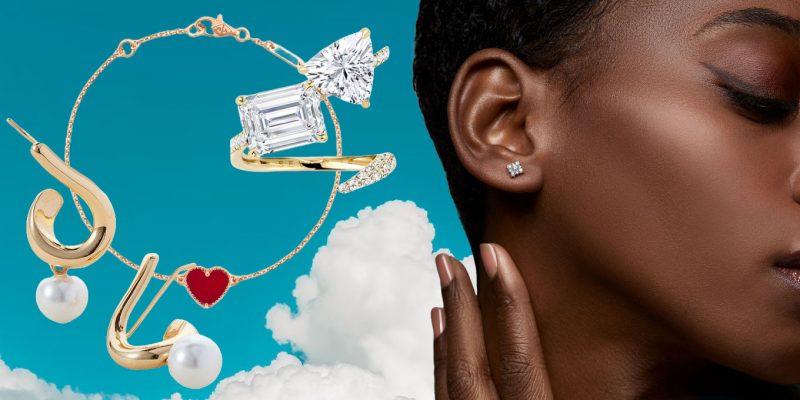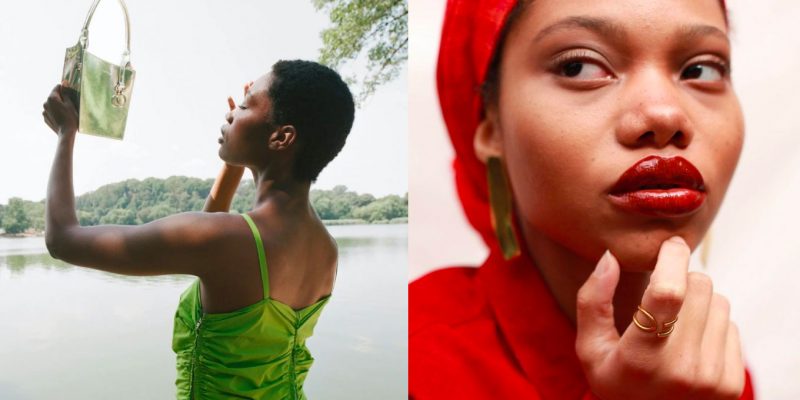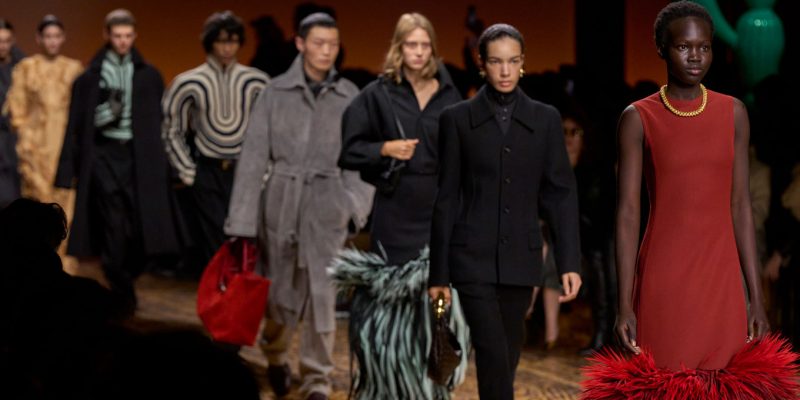Trends
How VSP Consignment Founder Britt Rawlinson Brought Sustainable-Chic Style to Toronto
“Create a welcoming environment and be a genuine person. Everything else will come.”
by : Alexandra Petros- Nov 10th, 2023
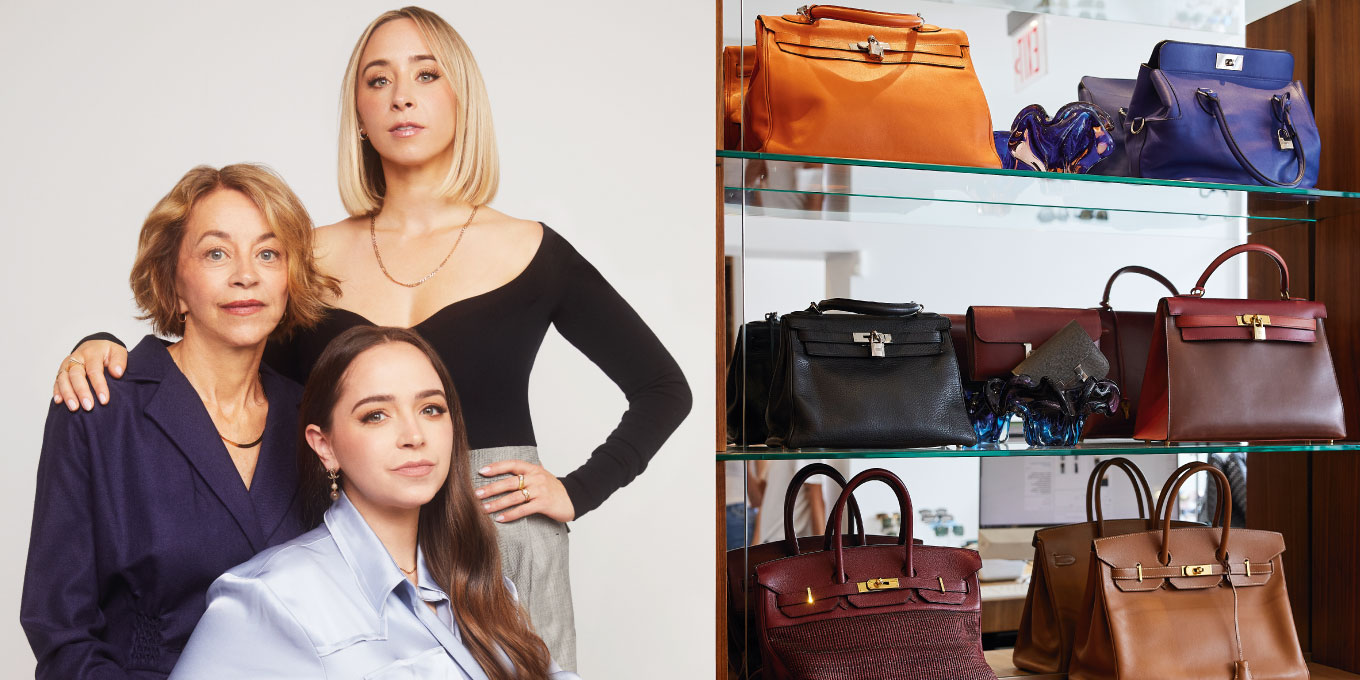
Joe Bulawan (Rawlinson family) & Courtesy of VSP Consignment (in-store)
VSP Consignment celebrates a decade in the business this year, but owner Britt Rawlinson knew she had something special within a month of opening. She fondly recalls the moment when three generations of women walked into her shop on Dundas Street West in Toronto. “It was a grandmother, a mom and a granddaughter,” she says. “Each of them—with their own style and personality—walked out with an item. This was so satisfying to see.”
It was then that VSP’s ethos was established for the Calgary- born entrepreneur: No matter a customer’s age, budget or personal style, if they’re looking to invest in a luxury wardrobe, there will be something in the store for them. Customers can find iconic luxury brands like Chanel, Hermès and Valentino as well as newer, more niche labels like Smythe, Khaite and Nanushka. From a $30 Tory Burch tank to $200 Manolo Blahnik pumps (which would cost $900 brand new), everything is at a fraction of the retail price.
Unlike a standard vintage shop, which requires owners to source products, VSP is a reactive business that depends on its consignors and community to drive both stock and trends. The process, in brief, is that consignors bring in second-hand luxury items and in-house buyers appraise them based on factors like condition and market value; the store offers up to 70 percent of the final sale price.
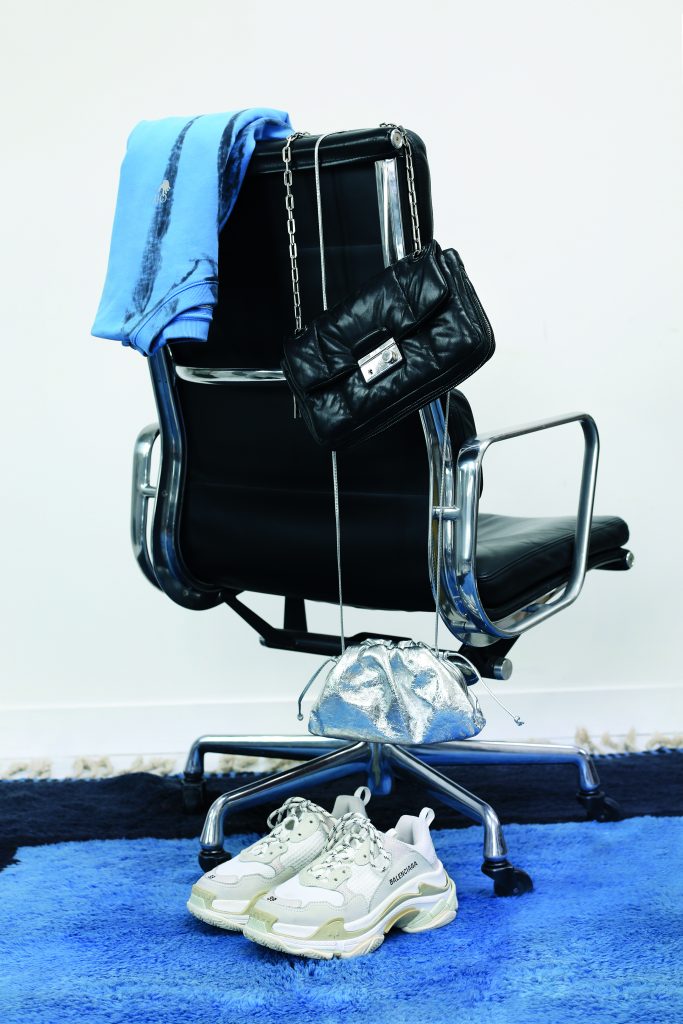 Courtesy of VSP Consignment
Courtesy of VSP ConsignmentThanks to word of mouth and loyal community participation, the shop has organically grown a clientele across Toronto and, since launching an online store, the rest of Canada. It’s a place with greater emotional depth than a traditional boutique, says Rawlinson. “I find it fascinating that from this exchange of goods between a consignor and us, there is an openness that is different from traditional retail. Our clients share emotions and stories, and we get to know them personally.”
Rawlinson has been reflecting on this relationship for a long time. She grew up immersed in her mother’s own luxury- second-hand shop in Calgary, Vespucci Consignment, which opened 35 years ago and is still going strong. (Her sister, Blake, is now a co-owner.) It was during the Celine Luggage craze, when shoppers across Toronto were on wait-lists for the coveted accessory, that Rawlinson paid her mother a visit—only to see that she had three of the must-have bags on the shelf. “It dawned on me that this is something that Toronto and the industry here really needed,” she says. Ten years later, Rawlinson continues to bring in sought-after items while following her mother’s advice. “The number one lesson [I learned] from my mom is to create a welcoming environment and be a genuine person. Everything else will come.”
“From this exchange of goods between a consignor and us, there is an openness that is different from traditional retail. Our clients share emotions and stories, and we get to know them personally.”
VSP and Vespucci share a commitment to supporting their local communities through large- and small-scale efforts. From providing outerwear to local nursing homes to helping newcomers to Canada, Rawlinson increases her impact by getting clothing items directly into hands and closets. VSP also supports charities such as Toronto non-profit New Circles, which provides clothing and offers skills training to people in need. “Giving back directly to our community is a big focus for the year ahead,” she says.
Rawlinson has also noticed an increase in the volume of second-hand clothing, a challenge she’s approaching through both donations and conscious recycling. “It’s really easy to dump things into a charity bin, so we continue to educate our client base [so they] understand that there is an impact from that,” she notes. “Just because it’s going to a different place doesn’t mean it’s going somewhere [to be reused or recycled].”
It’s not just her observation, either: According to a ThredUp report, second- hand retail is expected to reach a global value of over $470 billion by 2027, with online resale a driving force behind this growth thanks to platforms—like Depop and Poshmark—that have helped de-stigmatize used clothing. This shift has led to an ever-growing clientele for businesses like VSP—people looking to craft sustainable luxury wardrobes that are uniquely theirs. “Now that it has become more mainstream, we are constantly introducing and educating a new client base,” says Rawlinson. “Their excitement is what fuels my excitement for this business.”
Newsletter
Join our mailing list for the latest and biggest in fashion trends, beauty, culture and celebrity.
Read Next
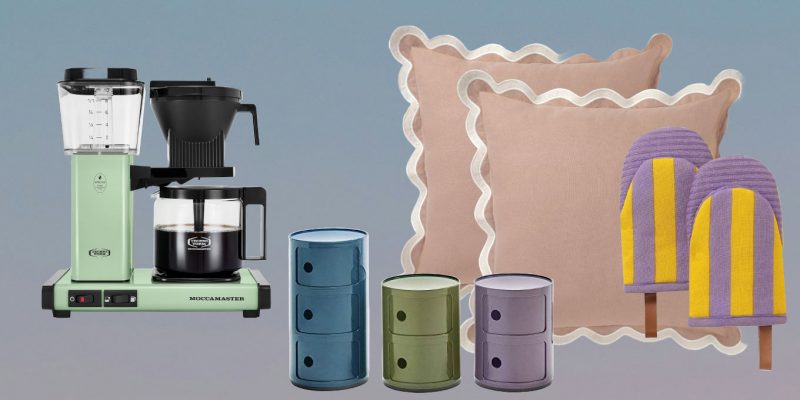
Decor
10 Amazon Decor Finds That Belong in a Designer’s Home
Yes, Amazon.
by : Maca Atencio- Apr 29th, 2024

Fashion
Pregnant Bellies Are Moving Into the Spotlight
Viva la MILF!
by : Jillian Vieira- Apr 29th, 2024

Beauty
Summer Prep: How to Feel Confident in Your Swimsuit
New Size-Inclusive Swimwear: Gillette Venus partners with The Saltwater Collective to Launch a Collection for Any Body
by : ELLE Canada- Apr 24th, 2024

